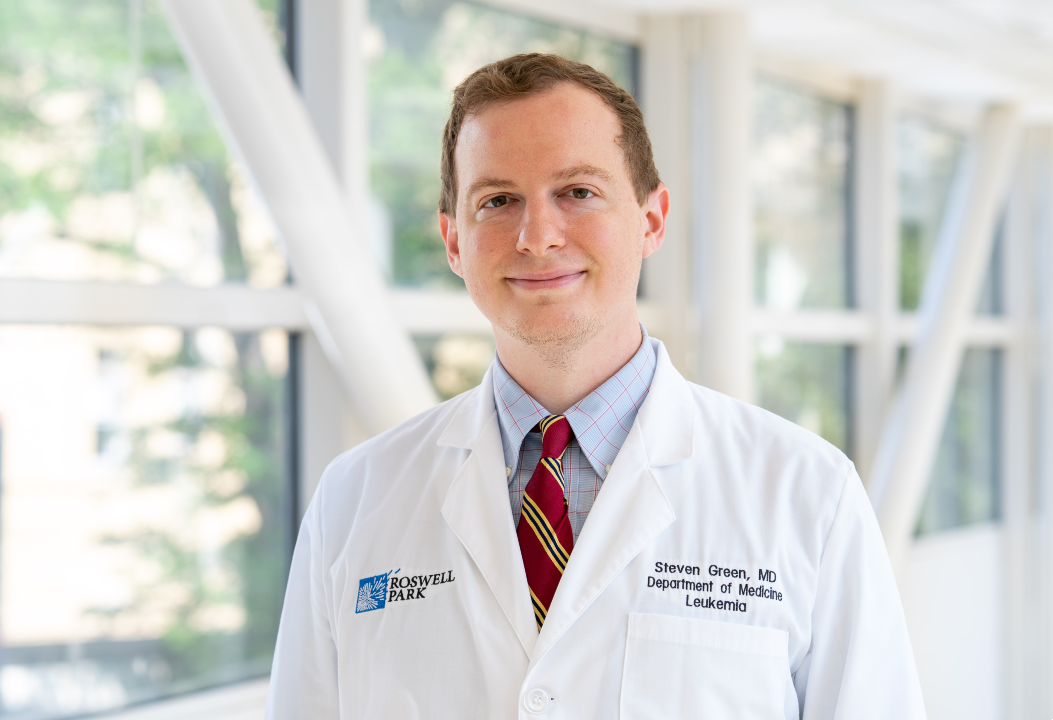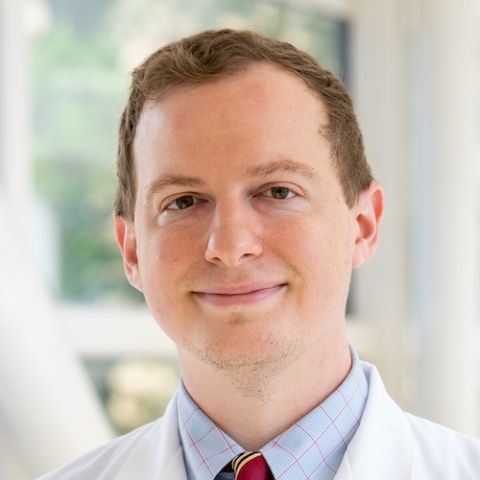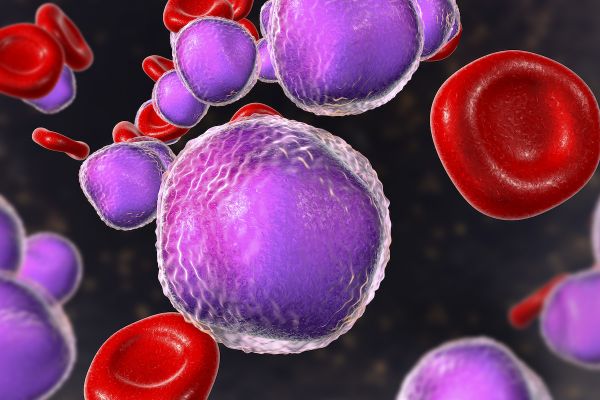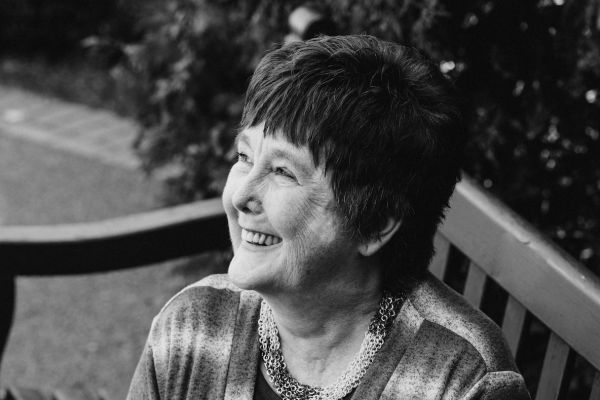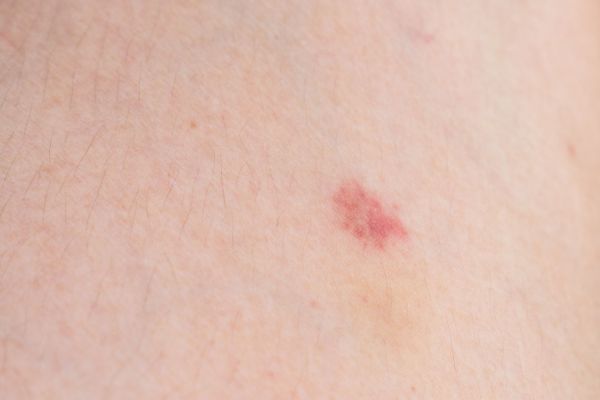Medical oncologist focuses on AML, one of the most challenging types of leukemia.
Until 2021, Steven Green, MD, now a medical oncologist with Roswell Park Comprehensive Cancer Center’s Leukemia Service, lived his entire life in Indiana. He received his academic and professional training, including his undergraduate, medical school, residency and fellowship, at Indiana University and its affiliated comprehensive cancer center.
So, what brought this lifelong resident of the Hoosier state to Buffalo, New York? “The same thing that brings patients and doctors from all over the world here: the opportunity to work with distinguished clinicians, researchers and staff at Roswell Park in the fight against cancer,” says Dr. Green.
“Working at Roswell Park offers me the opportunity to combine my research skills with clinical work, especially with patients suffering from AML, and also to be mentored by experts, including Eunice Wang, MD, Chief of the Leukemia Service at Roswell Park, who is renowned as both a researcher and a clinician."
Looking to genetics to improve treatment
“I especially enjoy designing clinical trials for more effective treatments for acute myeloid leukemia (AML), and further refining our understanding of the ways in which various combinations of genetic mutations contribute to prognosis and targeted therapy response/resistance," he says.
Even as an undergraduate majoring in biotechnology, Dr. Green was interested in advanced genetic sequencing and how that could be integrated and applied in clinical work with patients. “During my fellowship, I co-wrote an article that was published in the Frontiers in Genetics journal, discussing persistent challenges in the treatment of AML and how recent advances in the development of whole genome next-generation sequencing (NGS), and the resulting knowledge gain in AML biology and pathogenesis, helped lay the foundation for research of more individualized, targeted agents for the treatment of AML,” Dr. Green explains.
“It has been encouraging to see some of the positive advances in AML treatment, such as improving transplant approaches and strategies, and replacing the practice of ‘one size fits all’ chemotherapy with more effective individualized, targeted therapies, either as new single agents or as part of combined treatment regimens.”
These days, most of Dr. Green’s research focuses on AML arising from prior blood disorders such as myelodysplastic syndromes (disorders that occur when bone marrow doesn’t make enough healthy blood cells) or myeloproliferative neoplasms (group of diseases in which bone marrow makes too many red blood cells, white blood cells, or platelets).
Bringing the latest discoveries to care for today's patients
Dr. Green usually devotes about 40% of his time to research – including collaborating, developing, implementing and analyzing clinical trials. He also spends at least one day a week with patients in the leukemia clinic, evaluating patients, determining who might meet certain criteria and benefit from ongoing leukemia-related clinical trials, and monitoring patients who are enrolled in clinical trials.
Meet the Leukemia Team
Every member of our team has extensive experience in diagnosing and treating different types of leukemia.
“Currently, we have 11 AML trials ongoing at Roswell Park and in conjunction with other select cancer centers throughout the country and world. While survival rates for AML have improved in the last decade, AML remains one of the most challenging types of leukemia to treat. Clinical trials of new approaches and methods are the only way to push survival rates upward. Patients need the newest treatments now and clinical trials offer access to these."
“It’s important to note that through our research here in Buffalo, and also in collaboration with other cancer centers, patients at Roswell Park often have access to the same trials as patients in much larger metropolitan areas, and as a result, many Roswell Park patients are among the first to benefit from novel and effective treatments,” says Dr. Green.
In his spare time, which he admits is now somewhat limited, Dr. Green enjoys playing classical guitar, reading, hiking and cooking.
